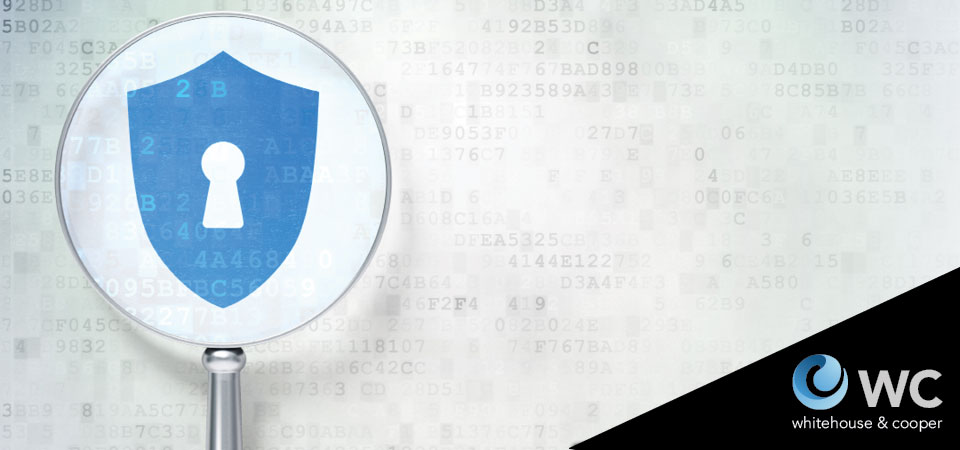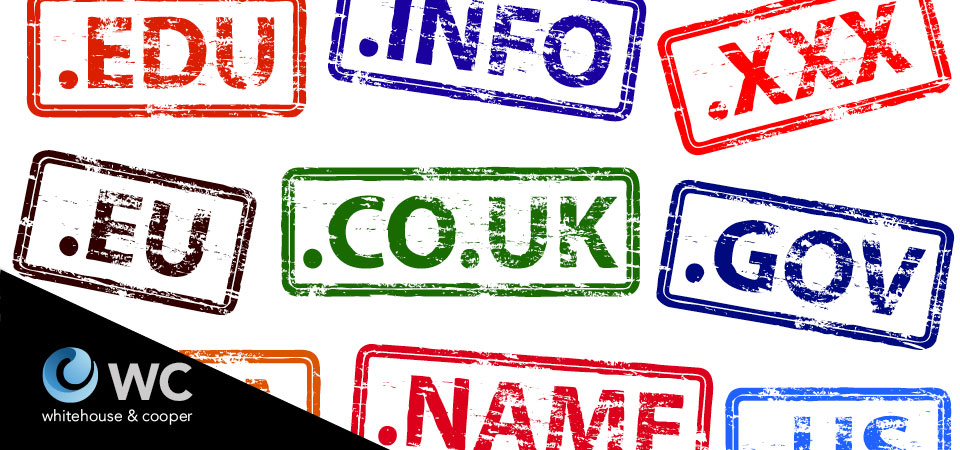
Signing on the (Digital) Dotted Line: Electronic Signatures and Documents in Florida
Today, more than 96 percent of documents are created electronically and exist only in electronic format. It’s all about efficiency. Electronic transactions have accelerated the pace of business and enable even the smallest of companies to conduct business around the world. Unfortunately, the legal field doesn’t always keep up with business efficiencies — encouraging many organizations to err on the side of caution when it comes to legal matters.
Although electronic signatures have been legal for well over a decade, we are regularly asked if they are sufficient on contracts and other legal documents. When discussing document retention policies, we’re often amazed by the number of companies that hold mounds and mounds of paper. Oftentimes these documents were printed, signed and faxed to the other party, who then signs the document and faxes it back.
As a general rule, this practice is unnecessary.
The Florida Legislature long ago enacted statutes that allow businesses to operate in an efficient, electronic manner. The Electronic Signature Act of 1996 (ESA), Florida Statutes §§ 668.001–006, states that electronic signatures have the same legal effect as written signatures, unless “otherwise provided by law.” Like most states, Florida has also passed the Uniform Electronic Transaction Act (UETA), Florida Statutes § 668.50, which addresses broader aspects of electronic documents, such as their legal effect, replacement of original documents, and transferability.
The UETA specifically excludes wills, codicils, and testamentary trusts, and some transactions governed by the Uniform Commercial Code. Otherwise, it states unequivocally that documents may not be denied legal effect solely because they are in electronic form. Parties wishing to conduct business electronically need not follow any formal requirements, as the court will consider their agreement to do so from the context and circumstances of the transaction.
The UETA also includes provisions regarding the retention of records that are required by law using electronic means. A person or entity satisfies this requirement by capturing an accurate copy of the original, whether that original was on paper or stored electronically, and making that copy available for later access. A person can utilize third parties to capture and store the originals, such as a cloud-computing provider. In short, the UETA allows a business to convert its applicable legal records to electronic form and preserve them for as long as the business needs them.
There are a number of services on the market that facilitate electronic signatures, including DocuSign and Adobe EchoSign. You simply upload an electronic document and tag it where the signatures need to go. The service sends the file to the recipients you specify who then “sign” it by typing or drawing their name, inserting an image of their signature, or using a signature certificate. Audit trails, storage of electronic documents, and other features are also available. While it’s not necessary to use one of these products, they may be helpful if your business conducts electronic transactions frequently.
Bottom line, businesses should feel free to operate efficiently and utilize the technology at their disposal. If in doubt as to whether a document can exist only electronically, call us for assistance. We’re very familiar with these requirements.
Related Articles
© Copyright 2011 – 2023 Whitehouse & Cooper, PLLC. All rights reserved. Privacy Policy
No products in the cart.




